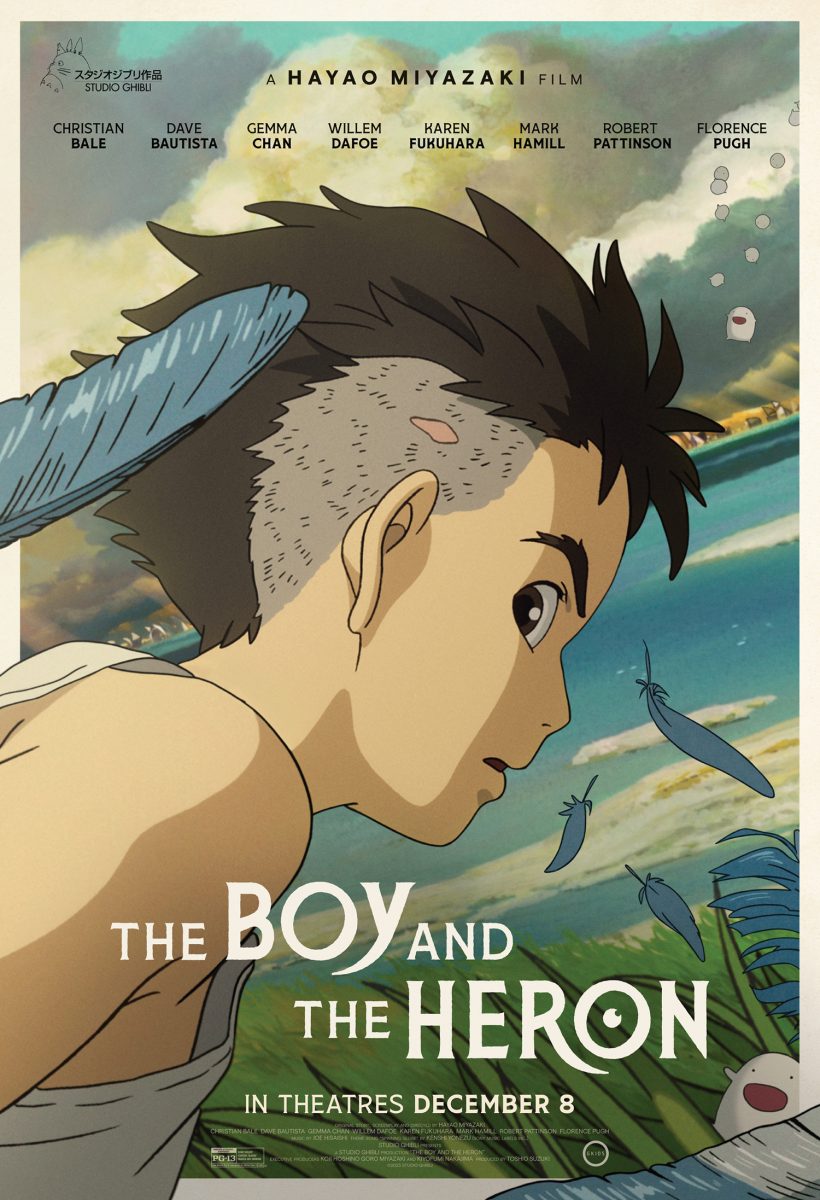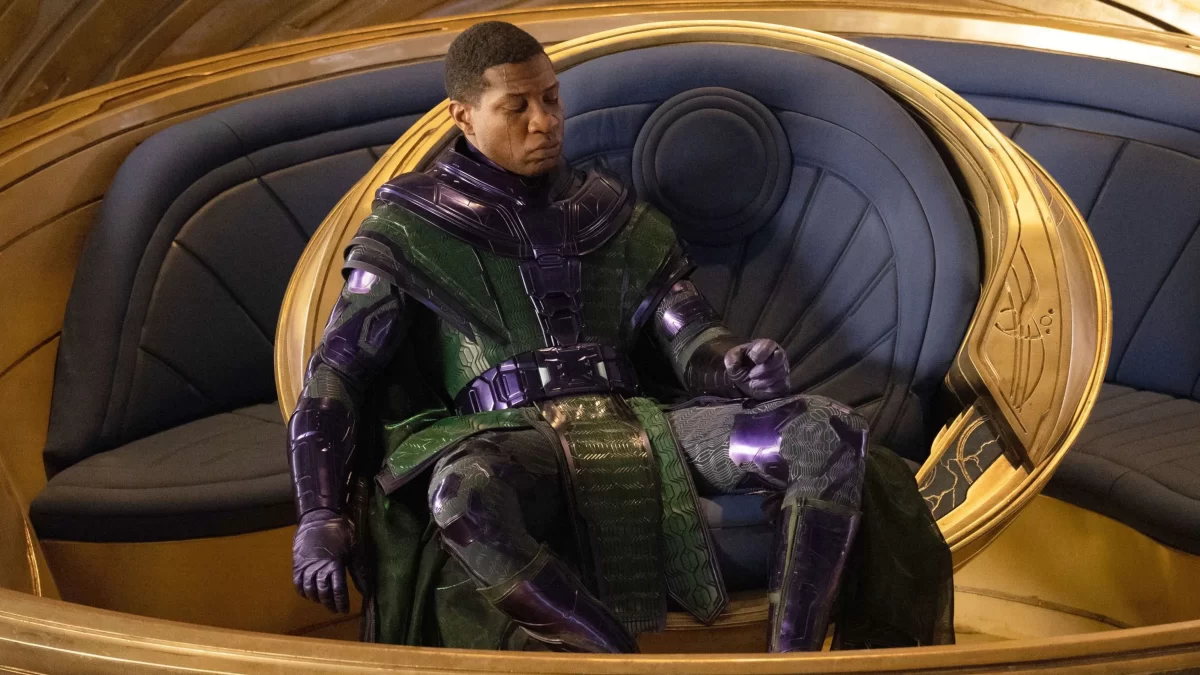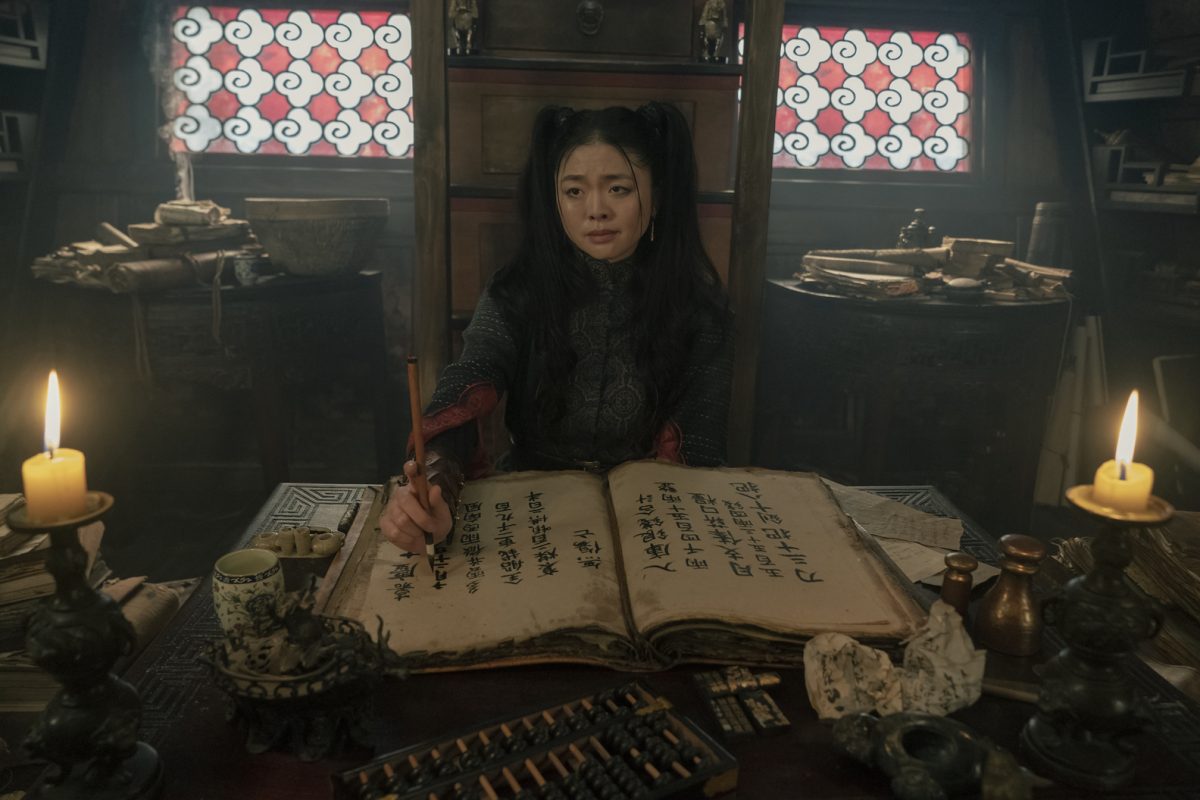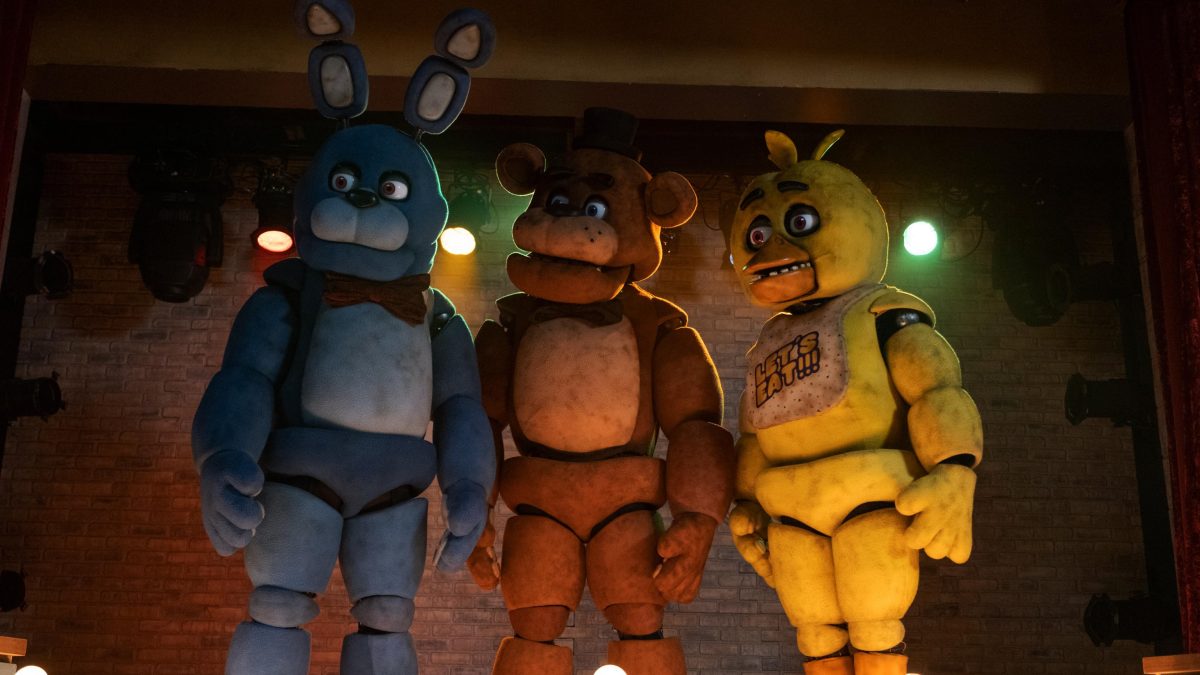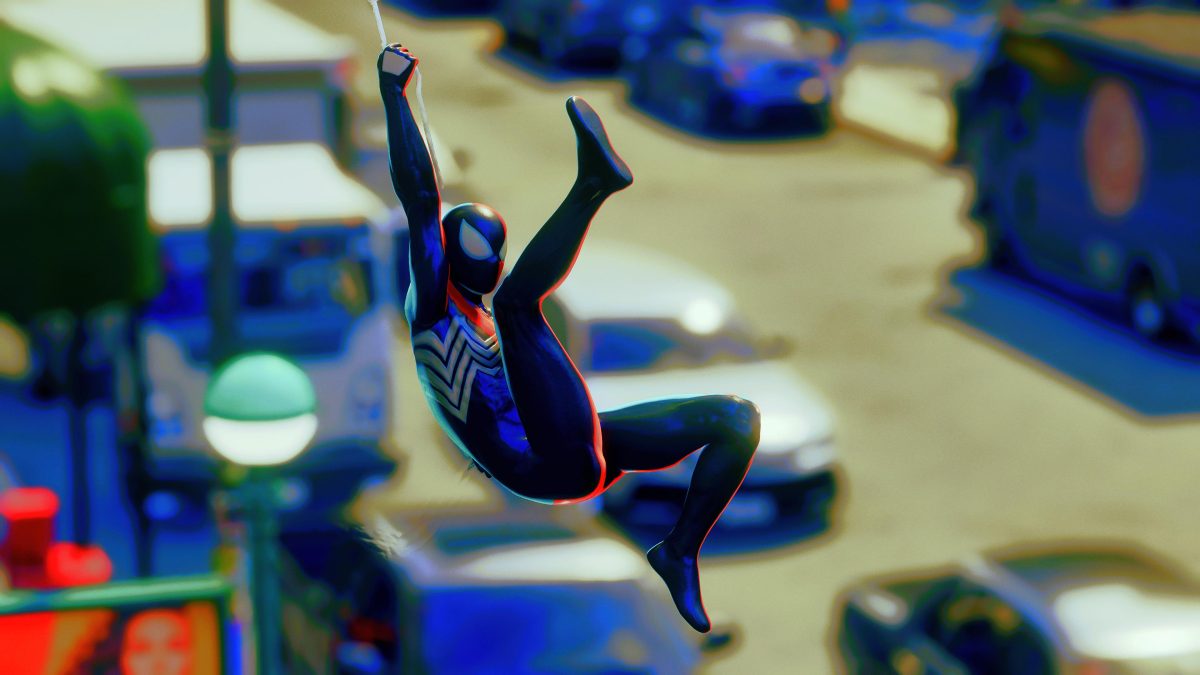
By Nick Froment
It’s easy to see the rap game has changed. Back in the old days, genuine thugs Tupac and The Notorious B.I.G. laid the rap industry framework for the years to come. These guys were the original kings of rap – the ones who elevated lyricism and flow to a whole new level. Because of them, the entire country became interested in hip-hop music. West Coast rapper Tupac rapped about life, death, love, morality, and struggles as a thug selling drugs on the corner. The same goes for The Notorious B.I.G, more commonly known as “Biggie Smalls.” Both of these rappers worked hard to tell stories in their music, painting vivid pictures for their listeners. Tupac and Biggie had unbelievable motivation with their careers. Other west coast rappers that followed include beatmaker Dr. Dre and boss man Snoop Dogg, who make a debut with their groundbreaking album “The Chronic”. They were the pioneers of gangsta rap, the “big homies” that set the stage for the future.
Nowadays, you don’t have to be talented to make it in the rap industry. What needs to be understood is the fine line between lyric-focused rap music and mainstream “trap music,” the latest trend. Trap beats are high energy pump-up tracks that have become popular because are very fun to party to. Because of trap, rappers don’t need to flow as creatively as others with meaningful lyrics to become famous; all they need is a good beat and a catchy hook. Trappers like Chief Keef, who repeat variations of the same line over and over, can still make money because his song is catchy. Other modern mainstream trap artists include Wiz Khalifa, Juicy J, and Rick Ross. Even once serious rappers like Wiz once had great underground-styled lyrics and flow, but has now enough money that he doesn’t have to try anymore. Are his lyrics bland? Yes. But do we as a generation listen to bland lyrics because they’re fun to party to? YES!
Many rappers nowadays disrespect women in their music, and it is interesting to see how this has evolved. Modern rapper Rick Ross writes a verse in the song “UOENO.”
“Put Molly all in her champagne, she ain’t even know it. I took her home and I enjoyed that, she ain’t even know it.” He talks about drugging a girl, taking her home, and raping her; something very vulgar and frowned upon. Below is a verse from Tupac’s “Keep Ya Head Up.”
“And since we all came from a woman
Got our name from a woman and our game from a woman
I wonder why we take from our women
Why we rape our women, do we hate our women
I think it’s time to kill for our women
Time to heal our women, be real to our women
And if we don’t we’ll have a race of babies
That will hate the ladies that make the babies
And since a man can’t make one
He has no right to tell a woman when and where to create one
So will the real men get up. I know you’re fed up ladies, but keep your head up”
We can see here just how lyricism has changed. Tupac was a poet. He, unlike Rick Ross, has meaning in his lyrics; messages that people can benefit from. Though rappers like Ross exist, there are still rappers out there today that earn their keep by holding onto old traditions. A multitude of good modern artists actually put effort into their music, such as A$AP Rocky, J.Cole, Drake, KiD CuDi, Schoolboy Q, Ab-Soul, Jay-Z, Jay-Rock, The Weeknd, and more. Two tradition-respecting favorites at this point among college students are Eminem, and my personal favorite Kendrick Lamar.
Kendrick is a beast. He has the power to write in an almost biblical manner, painting vast sensory murals with his music. Growing up in Compton like his signer Dr. Dre, Lamar raps about the West Coast and growing up there. Kendrick’s recent verse in the song “Control” called out famous rappers, reminding them that the rap game is still a competition. This is similar to when Biggie and Tupac made songs against each other. Nowadays rappers are making responses to Kendrick’s verse, and the rap game is back on track to the sense of competition that it once had. Kendrick is working out the kinks, something the game needs.
There is still a lot of talent in the rap industry today. Perhaps not the same amount of passion that the originators put in, but there is certainly enough to pass on the torch for the next generation. It’s up to you to decide what to listen to.


